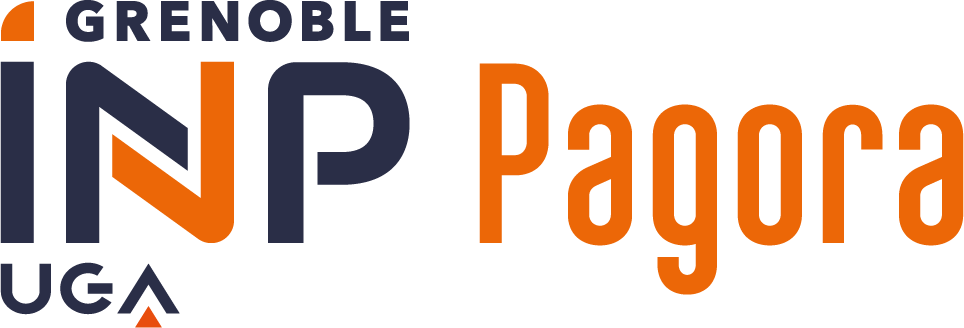Number of hours
- Lectures 9.0
- Projects -
- Tutorials 9.0
- Internship -
- Laboratory works -
ECTS
ECTS 25.0
Goal(s)
Learning outcomes :
- To understand the basic concepts and principles of thermodynamics of closed and open systems
- To understand theories in the different unit operations and machines for the production and conversion of energy into closed and open systems, for the design and diagnosis of domestic and industrial circuits
- To know different applications in open systems: closed and open systems (case study), thermodynamic cycles of boilers, mixers, exchangers, pumps and turbines, compressors,...
Matthieu ROBERT DE SAINT VINCENT
Content(s)
Basics necessary for the simulation of unit operations in an open system including work and/or heat exchanges.
Balance sheet in open system; first and second principle in open system, applications (Mixers, exchangers, pumps and turbines,...).
establish material and heat balances on open systems ***- establish material and heat balances on open systems ***
Targeted skills: resource course for the skills "Developing solutions, innovating" and "Leading a process, a system"
PrerequisitesPreparatory class or similar course in thermodynamics
Accessibility for people with disabilities : please contact us for further information
Evaluation : Written exam (1,5h)
Resit : Written exam (1,5h)
Written examination
The course exists in the following branches:
- Curriculum - Pagora Engineer - Student - Semester 5
- Curriculum - Pagora Engineer - Apprentice - Semester 5
Course ID : 3FMT1001
Course language(s): 
You can find this course among all other courses.
Environmental security
Déroulement de l’enseignement en salle de cours standard.
Sécurité : RAS
Environnement : RAS
SONNTAG R.E., VAN WYLEN G.J. Fundamentals of statistical thermodynamics. New York : Wiley, 1966
SANDLER S.I. Chemical and engineering thermodynamics. 3e édition. Wiley & Sons, 1999



